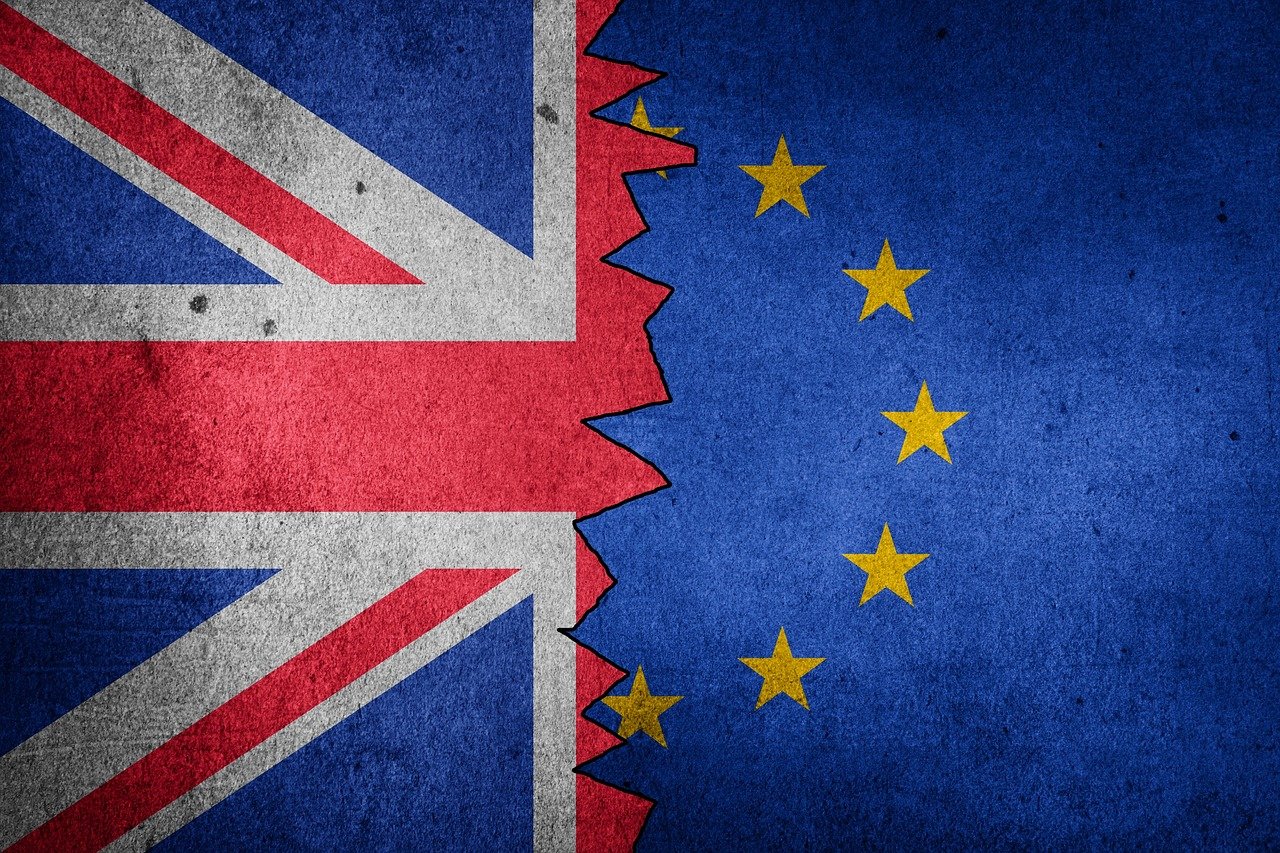As a South Korean student, Brexit really has nothing to do with me. I still had to stand in a massive queue to get my Tier 4 student visa and sort through complicated documentation to prove that yes, I actually do have an international guarantor and I won’t be scamming any landlord of their rent. But recently, I’ve been facing several difficulties.
I am a self-declared shopaholic. My everyday pastime is to go online and drool over clothes instead of doing any work. A few months ago, I saw a pair of beautiful cowboy boots from France (ooh la la) that were on sale (double ooh la la). I added it to my cart and clicked ‘commander’. That’s when I was bombarded with some scary words. Customs and import duties? Courier handling fees? The boots were now costing almost the price before it was on sale. But they were such lovely boots and I decided to take a chance on my bank account. ‘Payez maintenant.’ Bam.
Perhaps it was due to the pandemic, but it took quite a while for the boots to come. About a month later, I got a call from an unknown number, and when I picked it up, a menacing voice came through my phone. “Ms. Leigh? We have your shipment from France at the DHL Centre. You must pay the Import VAT of 20% or we will be sending the shipment back to the country of origin.” I had no choice but to pay, and the boots were now much more expensive than their original price. I felt cheated.
Just last month, I went to buy eggs at Lidl and there was not a single egg carton in sight. Not long after, I heard my friend’s mum was frantically driving around Berkshire, on the hunt for petrol, worrying that she might be out of gas and not able to make it home. Last week I was hit with an outrageously expensive gas bill, and now I hear that due to a lack of gas supply, the UK might be hit with a gas shortage (not an option for me in this brutal, Edinburgh weather).
Mr. Ian Wright of the Food and Drink Federation (FDF) says that UK consumers should no longer expect “just about any product they want to be on the [supermarket] shelf or in the restaurant all the time”. The BBC advises that the only way to beat the gas shortage might be just to buy more jumpers. But why? Why do the living conditions strangely resemble wartime, with no reliable access to food, heating, or petrol, in a country with the sixth largest economy in the world?
If my concerns over eggs, cowboy boots, and gas prices seem trivial, consider the bigger picture. While we were all busy worrying about the pandemic and frantically scrolling through COVID-19 updates, what was really going on in January 2021 was a drop of UK exports to the European Union by 40.7%, and a fall of 28.8% in imports. The UK economy is now approximately 9% smaller than it was before the start of the pandemic. European bees can no longer be imported to Britain following Brexit. UK sausage factories based in Europe have stopped sourcing pork from the UK following Brexit. UK supermarkets in Brussels are looking to Ireland to import goods following Brexit. More than we realise, there are so many small UK businesses that are being harmed and put out of business after the momentous 31 December 2020. This is just the nation-wide level.
On a more personal note, I, like many students, am very much looking forward to my year abroad in Paris that is part of my French degree. But speaking with my personal tutor, she says that as the Erasmus programme was scrapped, the professors have been left in the dark about exchange programmes and that many European universities have pulled out of exchange programmes with Edinburgh University. She also adds that the degree of financial support won’t be the same and I’ve found out in researching for this article that I will be charged £62 more on my phone bill every month to pay for cellular data in France. I thought the pandemic was bad, but the equation ‘COVID-19 + Brexit’ is turning out to be far worse.
Image via Pixabay

